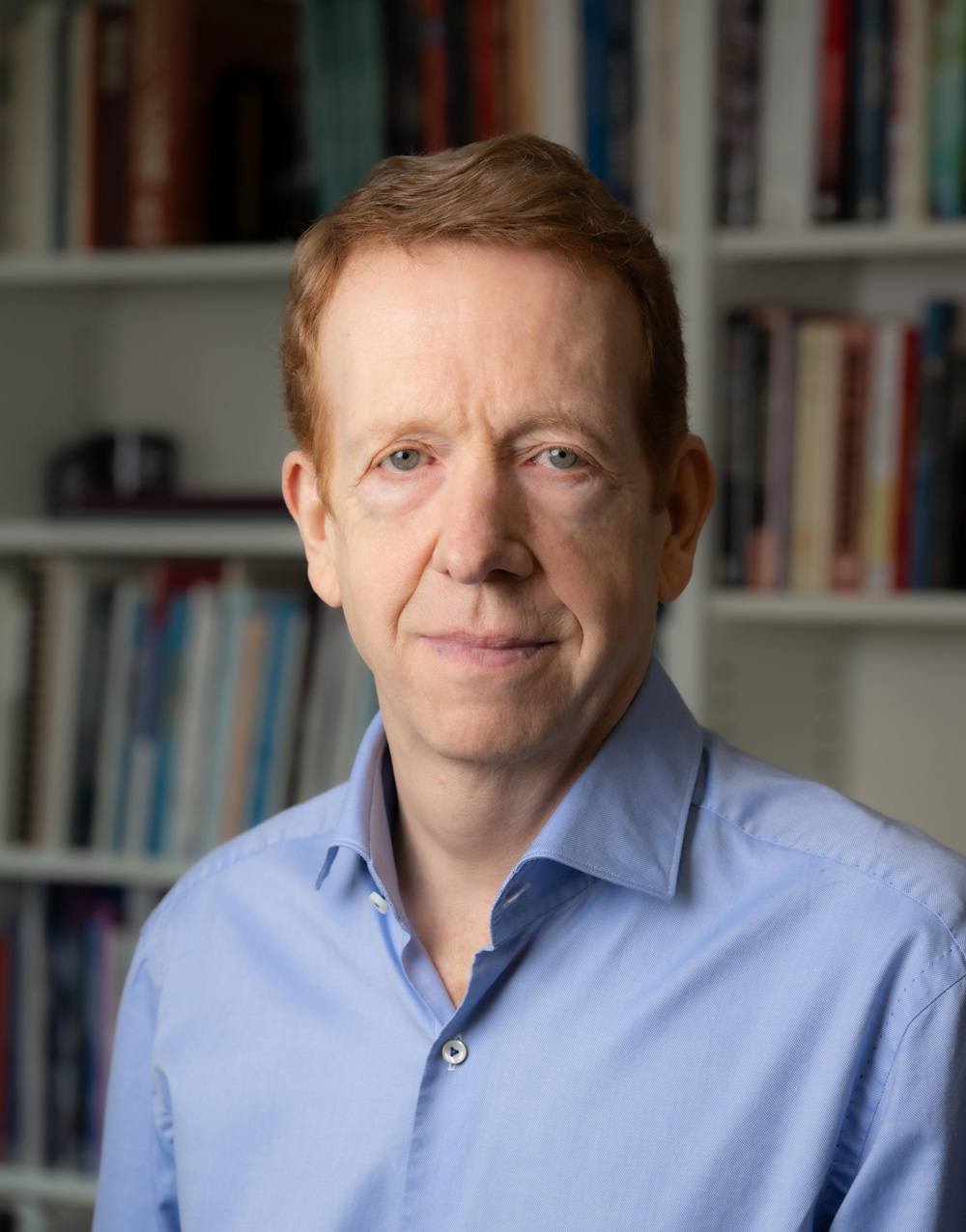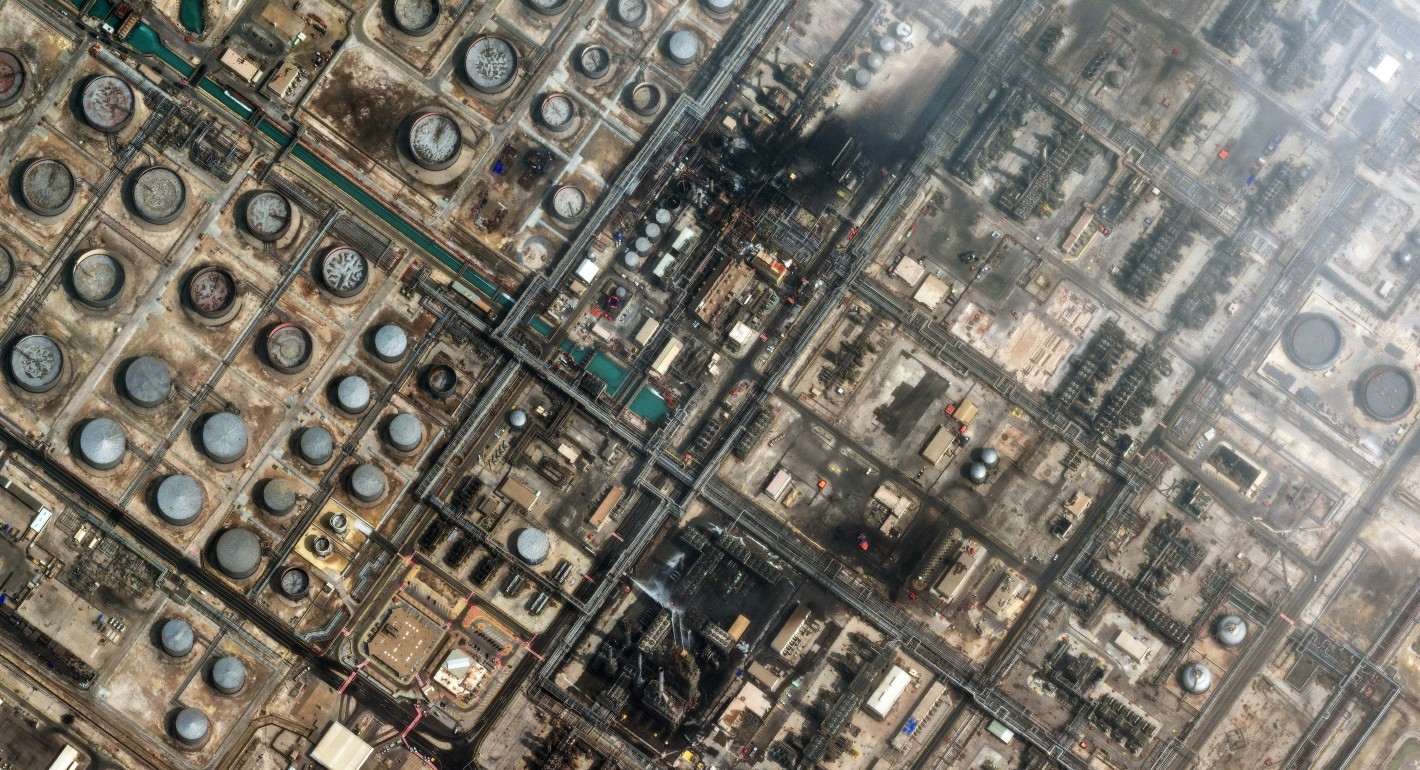Thomas Carothers, McKenzie Carrier
{
"authors": [
"Thomas Carothers"
],
"type": "legacyinthemedia",
"centerAffiliationAll": "dc",
"centers": [
"Carnegie Endowment for International Peace"
],
"collections": [],
"englishNewsletterAll": "",
"nonEnglishNewsletterAll": "",
"primaryCenter": "Carnegie Endowment for International Peace",
"programAffiliation": "DCG",
"programs": [
"Democracy, Conflict, and Governance"
],
"projects": [],
"regions": [],
"topics": [
"Democracy",
"Economy"
]
}
REQUIRED IMAGE
The New Aid
Source: Carnegie
Originally published April 16, 2002 in the Washington Post.
President Bush has proposed a huge increase in U.S. foreign aid, potentially reversing years of declining aid budgets. His new push for aid has only two parallels in modern U.S. history: President John F. Kennedy's Alliance for Progress and President Harry S. Truman's Marshall Plan. The link to these two earlier initiatives is not a coincidence. In both cases the United States embraced large-scale aid commitments as a result of tying poverty abroad to security threats at home. The fear that poverty would breed communism -- in the developing world in the 1960s or in Western Europe in the late 1940s -- was the motivating factor.
Today we have found a new reason to take poverty abroad seriously: It will breed terrorists who will strike us at home. Developmentalists, who have long pushed for greater foreign aid on various moral and practical grounds, are not entirely comfortable with the anti-terrorist rationale. After all, the poverty-terror link is not so clear when one considers that most of the Sept. 11 terrorists were middle-class men from Saudi Arabia, one of the wealthiest countries in the developing world. But after years of losing arguments about the importance of foreign aid, proponents of aid are not about to look this gift horse too closely in the mouth.
I for one will not sleep that much more soundly knowing that foreign aid is being deployed in the war against terrorism. Aid has at best an extremely mixed track record and is hardly the sort of tool that can be relied on to produce definite results in any short period of time. President Bush has attempted to break with the legacy of foreign aid's failure in many places by insisting on a new aid approach: The United States will give aid only to countries that show themselves to be serious about undertaking reforms. This stance reflects the new conventional wisdom in the aid business, catalyzed by a World Bank study of several years back that found that aid works in countries that are undertaking reforms and not in countries that are avoiding reform.
This new approach sounds good, but as with most new formulas in the aid world, it will not be a magic bullet. To start with, the United States has for decades heaped aid on favored partners for security reasons, independent of developmental motives. In the war on terrorism, the need to reward allies -- whether they are reformers or not -- will be all the greater. Just the week before President Bush made his ringing declarations about rewarding reformers, he was meeting with President Islam Karimov of Uzbekistan in the White House -- not a noted reformer on any front -- and promising large new sums of aid. U.S. aid to Pakistan is also mushrooming, while President Pervez Musharraf calls for a referendum to solidify his dictatorial rule there. If there is any distinctive trend in the direction of U.S. aid, it is large new sums for countries that help the United States on security grounds, no matter what their approach to reform at home.
Moreover, even if the United States decides it is serious about rewarding good performers, determining who is a reformer is not so easy. Consider the case of Russia. President Putin has launched judicial reform in Russia, one of the key areas of reform that developmentalists now focus on. Yet, at the same time, Putin manipulates the law to prosecute the independent media and flouts law in Chechnya. Should Putin be rewarded as a rule-of-law reformer or shunned as a law abuser? Ultimately the choice is political, not technical. Most of the important cases around the world are of similar complexity and ambiguity.
Furthermore, even if a government clearly is moving ahead on economic reforms -- the reforms that developmentalists usually care most about -- it may well be moving backward on political reforms. There is a risk that democracy will get lost in the reformist wash. Tunisia has been a star performer for the World Bank, undertaking genuine, effective economic reforms. Yet it has done so while imposing systematic political repression. Reformer or pariah in the new aid consensus?
Finally, it certainly sounds bracing to talk of rewarding only performance and reform. But the larger part of the 40 or 50 poorest countries in the world -- most of which depend heavily on foreign aid for their basic survival -- are poor reformers. Are we and other donors really ready to walk away from them, greatly magnifying human suffering, and to direct aid primarily to good reformers, which tend to need the aid much less?
The new commitment to foreign aid is probably a good thing in a long-term sense, though we should not be surprised if the world is less than impressed with the reasons for our suddenly fervent interest in world poverty. But the idea that targeting aid to reformers will put behind us many of the problems and dilemmas that have traditionally dogged foreign aid is just one more illusion along a path already littered with discarded prior enthusiasms.
About the Author

Harvey V. Fineberg Chair for Democracy Studies; Director, Democracy, Conflict, and Governance Program
Thomas Carothers, director of the Carnegie Endowment for International Peace’s Democracy, Conflict, and Governance Program, is a leading expert on comparative democratization and international support for democracy.
- The Trump Administration’s Tangled Talk About Democracy AbroadArticle
- The Startling Reversal of U.S. Global Anti-Corruption PolicyArticle
McKenzie Carrier, Thomas Carothers
Recent Work
More Work from Carnegie Endowment for International Peace
- Iran Is Pushing Its Neighbors Toward the United StatesCommentary
Tehran’s attacks are reshaping the security situation in the Middle East—and forcing the region’s clock to tick backward once again.
Amr Hamzawy
- The Gulf Monarchies Are Caught Between Iran’s Desperation and the U.S.’s RecklessnessCommentary
Only collective security can protect fragile economic models.
Andrew Leber
- Duqm at the Crossroads: Oman’s Strategic Port and Its Role in Vision 2040Commentary
In a volatile Middle East, the Omani port of Duqm offers stability, neutrality, and opportunity. Could this hidden port become the ultimate safe harbor for global trade?
Giorgio Cafiero, Samuel Ramani
- Beijing Doesn’t Think Like Washington—and the Iran Conflict Shows WhyCommentary
Arguing that Chinese policy is hung on alliances—with imputations of obligation—misses the point.
Evan A. Feigenbaum
- Indian Americans Still Lean Left. Just Not as Reliably.Commentary
New data from the 2026 Indian American Attitudes Survey show that Democratic support has not fully rebounded from 2020.
- +1
Sumitra Badrinathan, Devesh Kapur, Andy Robaina, …










